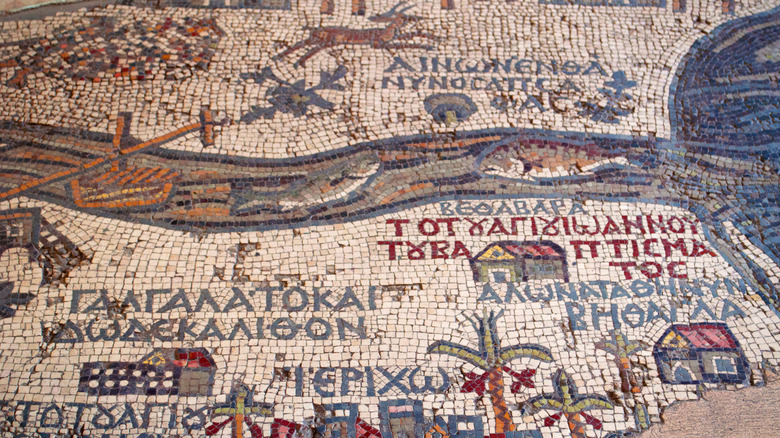How Did December Get Its Name?
December might be a month that most of us identify with celebrations and good cheer, because it ushers in the festive season for holidays such as Kwanzaa, Hanukkah, and Christmas. But December also contains many other unusual days of observation, including National Cookie Day (December 4), National Brownie Day (December 8), Lemon Cupcake Day (December 15), Don't Make Your Bed Day (December 21), and National Short Person Day (December 22), per National Today. Some December traditions aren't modern, however, with a few dating back to ancient times.
For example, the ancient Romans celebrated Saturnalia from December 17-23. According to World History, Romans took time to honor Saturn, the god of agriculture, during this time. The week-long celebration included parties, games, and gift-giving, traditions in which we still partake. So it seems our penchant for merry-making in December goes back quite some time, but how did the name December itself come about?
Blame it on numbers
We have to go back to the ancient Romans again — all the way back to around 45 B.C., when they used a calendar different from the one we use today. While we know December as the 12th month of the year, the Romans knew it as the 10th and final month of the year. According to Dictionary, the etymology of December stems from decem, which means 10 in Latin, which gives us the modern December.
Aside from its interesting history, December is also a solstice month, meaning in the Northern Hemisphere, it contains the shortest day of the year. According to Time and Date, the solstice occurs at the specific time when the sun is directly overhead the Tropic of Capricorn. Solstice comes from the Latin word solstitium, which means the "Sun stands still." Most astronomers and scientists and scientists mark the December solstice as the beginning of the astronomical winter, while meteorologists identify it on December 1.

